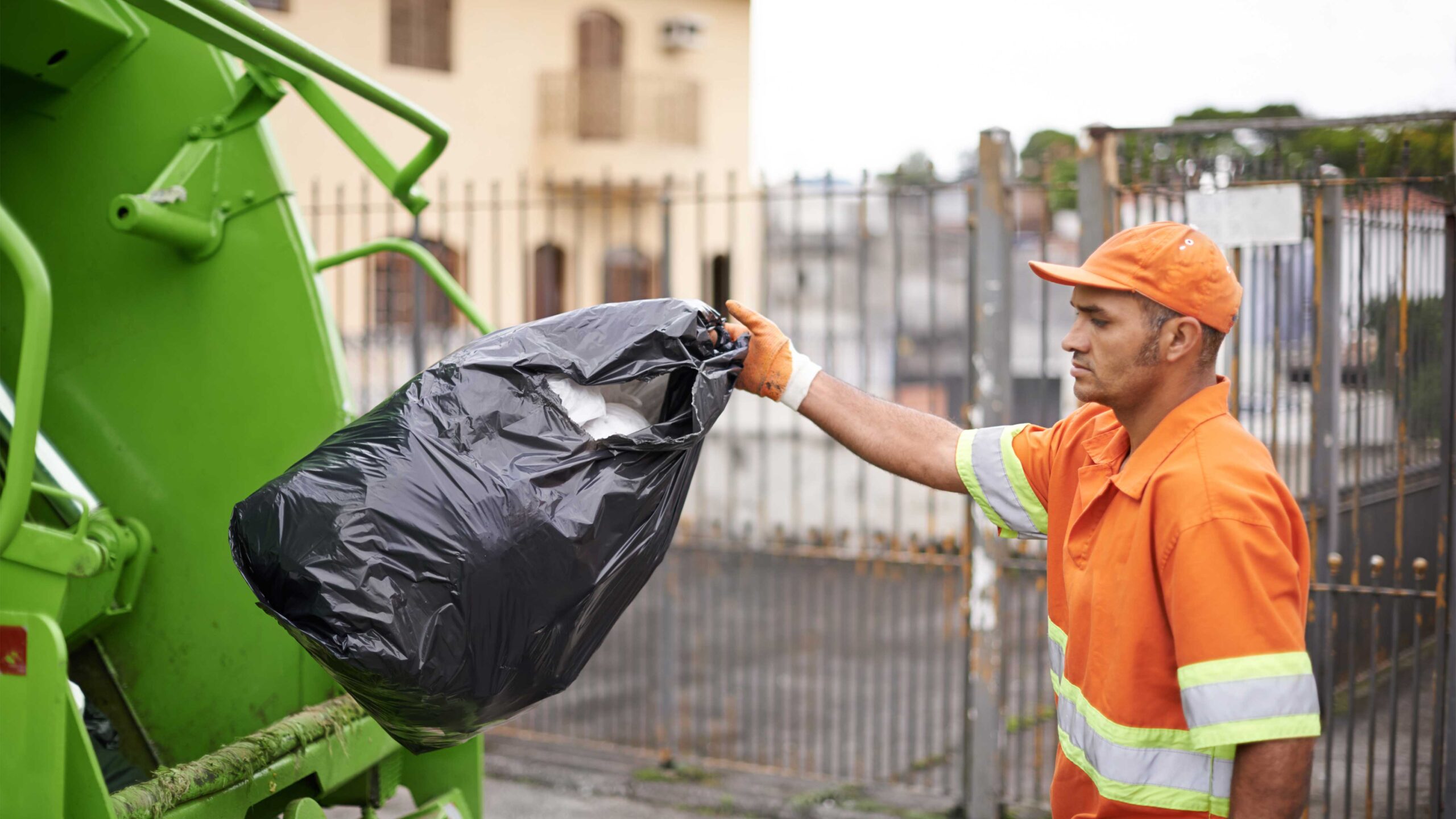SME lender shares trashed as govt, RBA try to fend off COVID-19 defaults

Picture: Getty
Shares in listed small lenders are being dumped, even as government and regulatory bodies try to keep money flowing to small-to-medium enterprises (SMEs) and prevent a wave of loan defaults.
Among the listed lenders, Prospa (ASX:PGL) is down 84 per cent from its 52-week high.
The company downgraded its profit guidance in November last year, with revenue forecasts falling by 8 per cent from what was outlined in its IPO prospectus in June.
MoneyMe (ASX:MME) is down 52 per cent.
Money3 (ASX:MNY) is down 54 per cent.
Wisr (ASX:WZR), which issues personal loans, is down 81 per cent.
Last week Macquarie analyst Tim Lawson slashed his guidance for Prospa by 70 per cent, saying that while improvements in bad debts may have continued in a “normal environment”, the risk now is that more under-pressure SMEs will default on loans.
Wisr claimed today its loan book was still rising in the March quarter and it had written $31.6m of loans in the period from January to March 13.
After a $36.5m capital raise in January, it says it has “multiple years of operating runway”.
Money3, which mostly issues car loans, says it’s not yet seeing any impact from the COVID-19 pandemic.
CBA’s latest Household Spending Intentions survey suggests spending on cars is the one area where consumers’ intentions haven’t turned negative.
Keeping small business afloat
Keeping small businesses afloat during the coronavirus pandemic is the key plank of the government’s and Reserve Bank’s stimulus plans.
On Monday the Council of Financial Regulators, which includes the RBA, corporate cop ASIC, and the Australian Prudential Regulation Authority (ARPA), asked banks to prioritise maintaining credit flows to small businesses.
The RBA added $5.9bn into the ‘repo’ market on Monday, double what it normally does, in order to ensure banks have access to enough short-term funding.
‘Repo’ stands for repurchase agreements: banks offer the RBA collateral such as mortgages in exchange for cash.
They are normally short-term arrangements, one or three months, but the RBA has offered to extend that to six months in order to keep money moving through the financial system.
Banks then use this money to lend to businesses and consumers.
It’s doing this to fend off fears of a credit crunch caused by suspicions about the quality of corporate debt — bonds.
Banks have already, or are now, announcing packages to help business customers, offering assistance such as payments relief, interest relief and loan extensions.
The government is offering, as part of its $17.6bn first stimulus package, $25,000 grants to SMEs to cover staff wages, wage subsidies for apprentices and trainees, and lifting the asset write-off threshold from $30,000 to $150,000.
NSW and WA are waiving payroll taxes for eligible small businesses, and Tasmania is planning to announce a package this week.
Related Topics
UNLOCK INSIGHTS
Discover the untold stories of emerging ASX stocks.
Daily news and expert analysis, it's free to subscribe.
By proceeding, you confirm you understand that we handle personal information in accordance with our Privacy Policy.








